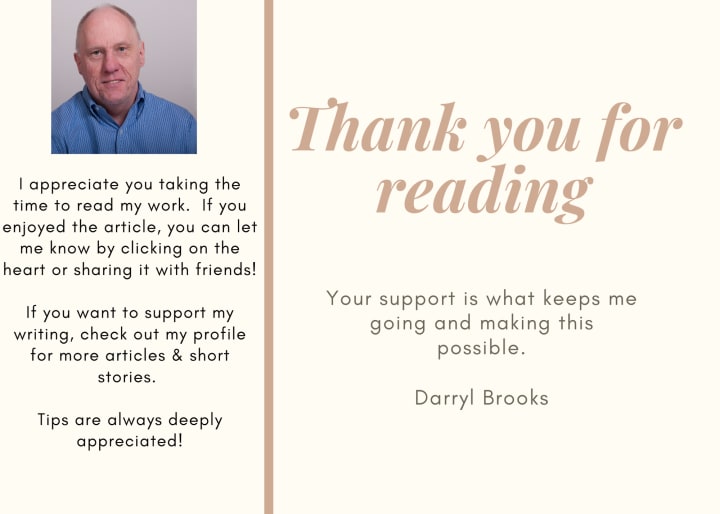How to Focus on Your Writing Research
And get more done with fewer distractions

The Internet, in general, and Google in particular, has become so pervasive in our society that it is the de facto source for all research. And with excellent reason. On a device that fits in our pockets lies the accumulation of all of humankind’s knowledge. Unfortunately, so are cat videos and Instagram.
For most of us, doing research for a new article begins the same way. You make a few notes and then bring up Google. Any topic you search on will bring up billions of links. Billions. The top few will be paid ads, no matter what you searched on. Most of the first few pages will be articles that got high organic ranking based on relevant and popular keywords.
Huh? I’m just looking for a history of alpaca farming.
So you scroll. And scroll. You try to focus and find some useful pages. Meanwhile, your email, Facebook, and Twitter notifications are pinging like an old pinball machine. Your best friend is getting married, Taylor Swift has a new video, and somebody in politics said something somebody else doesn’t like. But… alpaca farming.
Frequently in my articles on productivity, I suggest unplugging and going offline. But you need to get some research done. How are you going to do that if you are offline? Well, I’m going to let you in on a little-known secret. There is a place where they stored knowledge long before the Internet.
It’s called a library.
There is one not too far from where you live. The next time you need to do some serious research for your next article, I want you to plan half a day, and go visit your local library. I’d tell you to take nothing but pen and paper, but that is probably getting too radical for your first step into this wondrous, unfamiliar world. So, go ahead and take your laptop or tablet.
When you first get there, before doing anything else, just walk through the aisles. Smell the new leather and musty paper. Gaze at the thousands of book spines, just waiting for your index finger to pluck them from the shelves. It’s inspiring just to be there. The place reeks of knowledge. Next, I want you to tap into it.
Back in ancient times, a few decades ago, there was this early version of Google called a Card Catalog. It was a huge wood cabinet full of tiny drawers, labeled with alphabetized indexes; A-C, D-G, etc. Some were by subject and some were by author. You would slide out the A-C drawer, rifle through the index cards inside until you found Alpaca Farming. There would be this strange number at the top of the card, something like 636.296. They based this on the Dewey Decimal system; an archaic indexing method still used by libraries today. I didn’t understand it in the first grade, and I don’t to this day.
Today, you don’t have to use the card catalog. Well, you do, but it’s on a computer. Most libraries have computers dedicated to library research, so you don’t have to wait for someone watching cat videos. But you still have to use the Dewey Decimal system. Fortunately, you don’t have to understand how it works; you just need to know how numbers work.
You jot down the number, then go back to the shelves and look for the signs at the end of each row, 100.01–143,38. Look for the row that contains your number, then browse down the aisle, looking at the books in numerical order until you find the book(s) you seek. Take those back to your table and begin your research.
In a separate area of the library, you will find multiple sets of books called encyclopedias. These are huge, multi-volume sets of reference books that contain an impressive amount of reference material. Not as much as Google, but at least there are no cat videos.
This may seem like a lot of work just to get to where you can begin your research, but with a little practice, it goes pretty quickly. It is the next step that makes this place so magical.
There you are, at a table covered by a stack of books, in a quiet place, surrounded by thousands of other books. It reeks of knowledge. It is inspiring. Most importantly, it allows you to focus. You have little to do other than the research you are performing at that moment.
But wait, there’s more.
If you get stumped, or even if you don’t, there are these wonderful people that work at the library. They call them, appropriately enough, librarians. You can walk up to one of them, tell them your subject, and they will help you. Before you know it, they can point you to every place in the library where you can find information and resources about your subject.
And finally, for the best part. Or the worst part, depending on your perspective. They all have wi-fi. You don’t have to disconnect, but you should. You can still use your laptop or tablet to access information not found in the library. But I urge you to use it as a last resort. The library isn’t just a place, it’s a state of mind. It’s a source of knowledge. Prior to the 1980s, it was the only source of knowledge. Use it.
The next time, you need to research a subject for a project, unplug. Unplug your laptop or tablet and take it to your nearest library. Walk among the tomes and speak to a librarian. I can promise you the trip will be worth it.

About the Creator
Darryl Brooks
I am a writer with over 16 years of experience and hundreds of articles. I write about photography, productivity, life skills, money management and much more.
Enjoyed the story? Support the Creator.
Subscribe for free to receive all their stories in your feed. You could also pledge your support or give them a one-off tip, letting them know you appreciate their work.






Comments
There are no comments for this story
Be the first to respond and start the conversation.